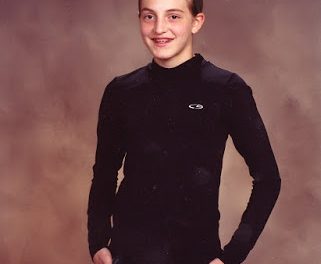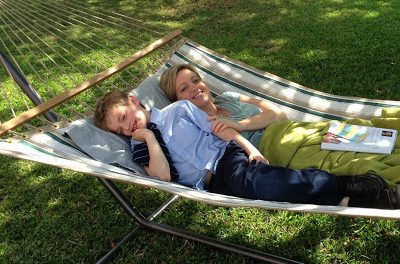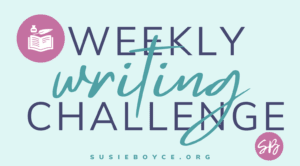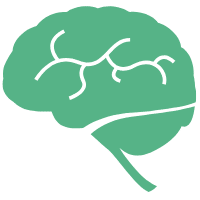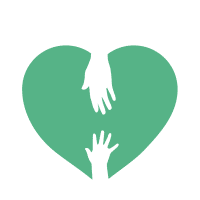Published on KSL.com (click HERE for the link)
On the morning of Sept. 11, 2001, I was walking in the door from grocery
shopping when my sister-in-law called, said, “Turn on your TV,” and
hung up.
Seconds later, I watched live footage of United Airlines Flight 175
crash into the south tower of the World Trade Center. Since United
Airlines Flight 11 had hit the north tower just 16 minutes before,
cameras were already rolling.
Horrified, I knew that the world would never quite be the same.
I watched hour after hour of news coverage. I cried. I hugged my kids. I
called my husband and parents and grandparents to tell them I loved
them. When I learned that my brother had taken a flight out of Boston
(the origin of Flight 11) that same morning, I cried some more.
In an effort to assuage my feelings of powerlessness and vulnerability,
I joined thousands of others and donated time and money to
organizations that were formed to aid victims and rebuild lives. I spent
even more time and mental energy learning about the victims and the
reasons and motivations behind the attacks.
I observed as political divisiveness all but disappeared, making room
for solidarity and patriotism. As a nation, we prayed together despite
religious differences. Countless examples of unselfishness, resiliency
and hope moved me to tears.
I vowed to never forget.
A few days before Sept. 11 last year, my seven-year-old daughter walked
in the door from second grade and said to me, “Mom, did you know that
some bad guys flew airplanes into two really tall buildings in New York
City and killed lots of people? And that the bad guys even died when
they crashed into the buildings?”
My heart sank as I saw the fear and confusion in her eyes. I realized that as far as my kids knew, I had all but forgotten.
On Sept. 11, 2001, three of my children were under the age of six and
two had yet to be born. Sept. 11 is nothing but a page out of history to
them — unless I help make it otherwise. I had done my children a huge
disservice by not preparing them for what would undoubtedly be discussed
or at least mentioned by teachers, other kids and adults.
I vowed to do better.
Since this year marks the 10th anniversary of the attacks, news coverage and discussions will be abundant.
Following some of Dr. Harold Koplewicz’s suggestions in his article “A Decade Later: Talking to Kids About 9/11” (http://www.huffingtonpost.com/dr-harold-koplewicz/a-decade-later-talking-to_b_928443.html),
I plan on having individual, age-appropriate discussions with my kids. I
won’t shy away from the basic facts, but I will decide what kind of
details, footage and news coverage to share with each child.
I’ll explain that many ordinary Americans reacted to the attacks with
extraordinary unselfishness. Some of these inspiring accounts can be
found in this lesson prepared by Constitution Rights Foundation Chicago
titled, “Good Citizens in a Time of Emergency” (http://www.crfc.org/lessons/sept11.pdf).
I want my kids to understand that it’s possible for millions of diverse
individuals to set aside their differences and work toward a common
good. And that demonstrating unselfishness, resiliency and hope can
improve and change countless lives, including our own.
I’ll try to explain all these things, but I’m sure that these talks
with my kids won’t all go perfectly. I’ll be far from ideal as a
discussion moderator, some of my kids won’t seem to care very much, and
at least one of them will probably become exceedingly worked up about
the terrorist acts themselves.
But it’s worth my best efforts, because remembering 9/11 is simply too important to forget.


